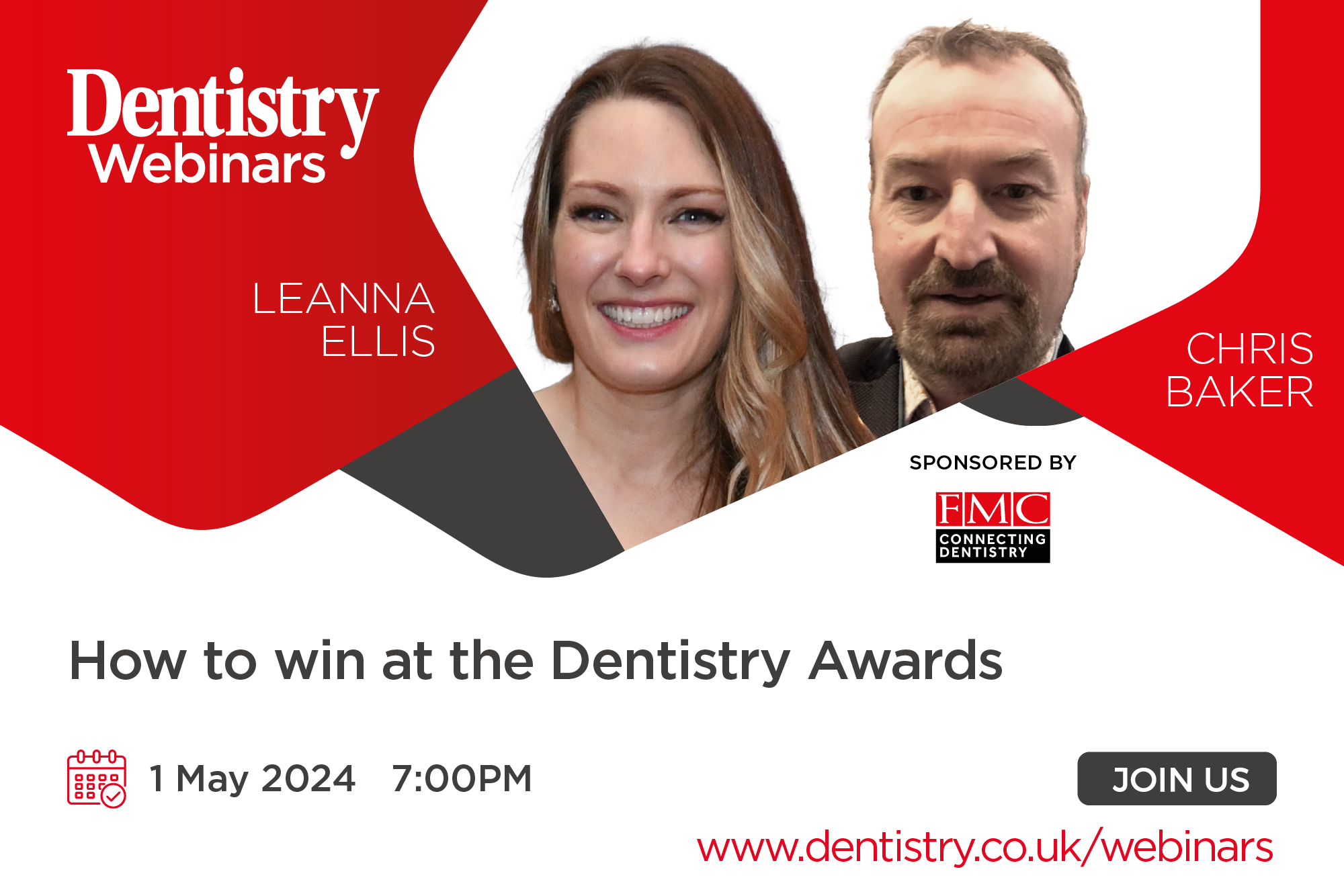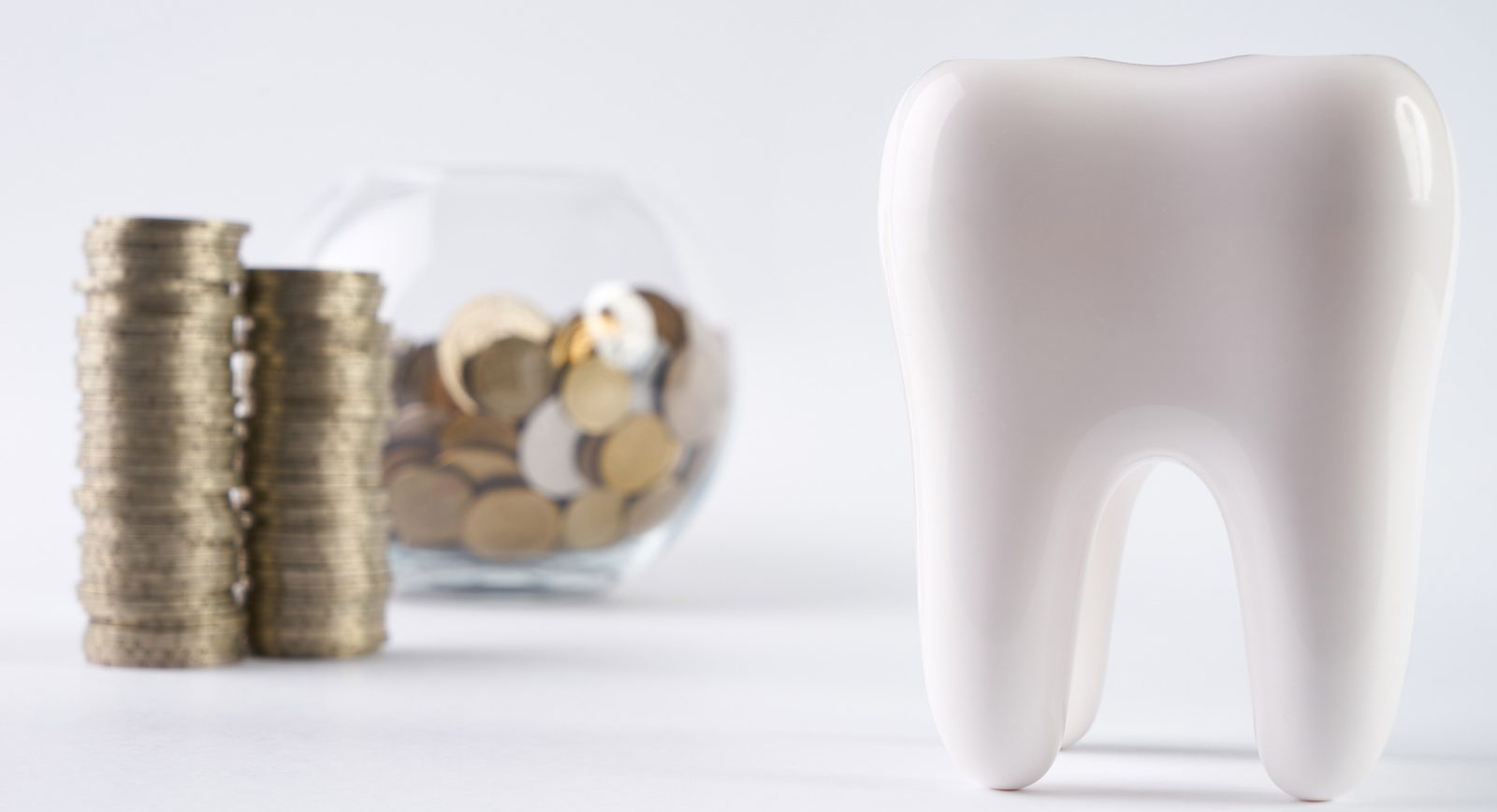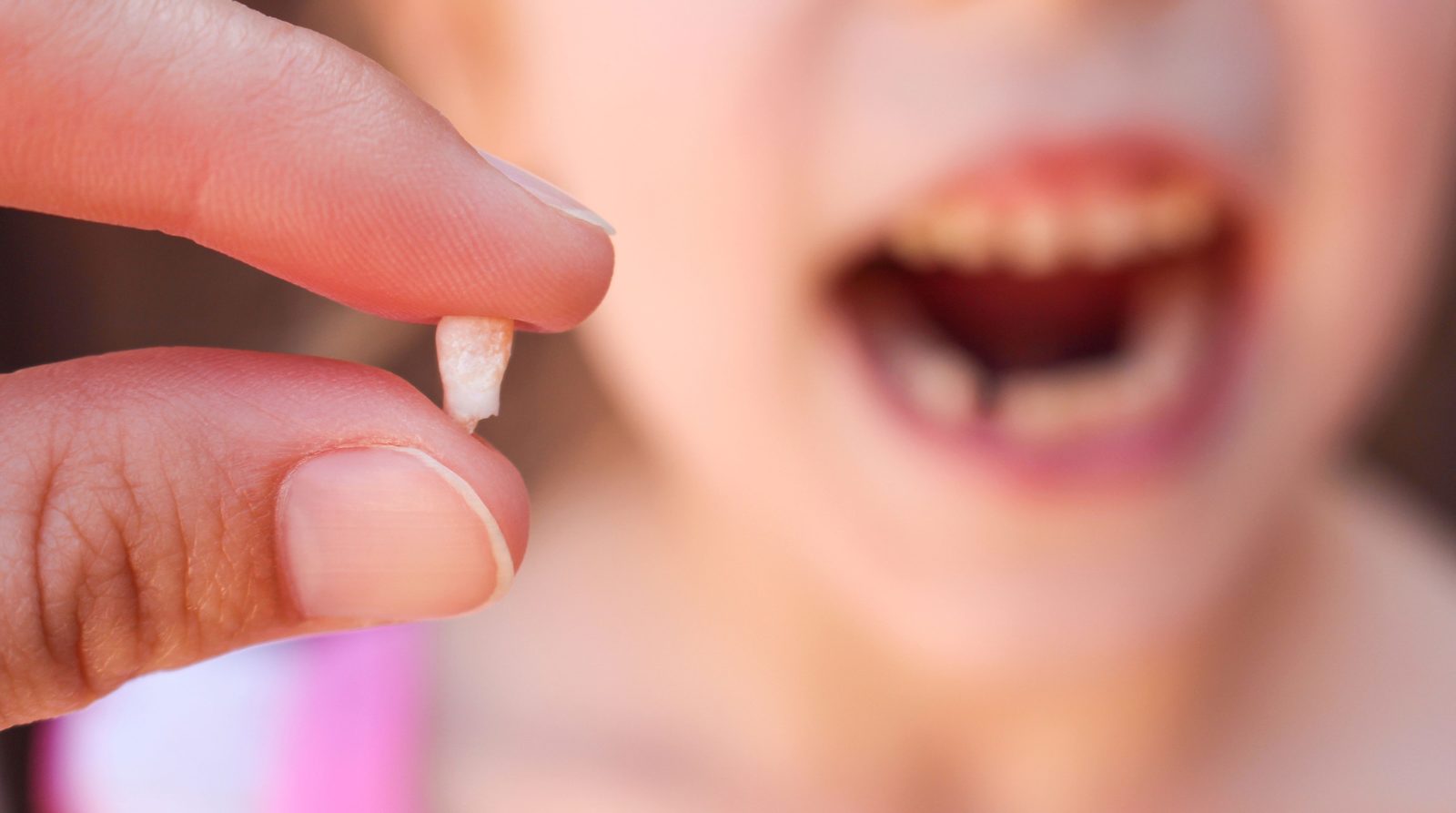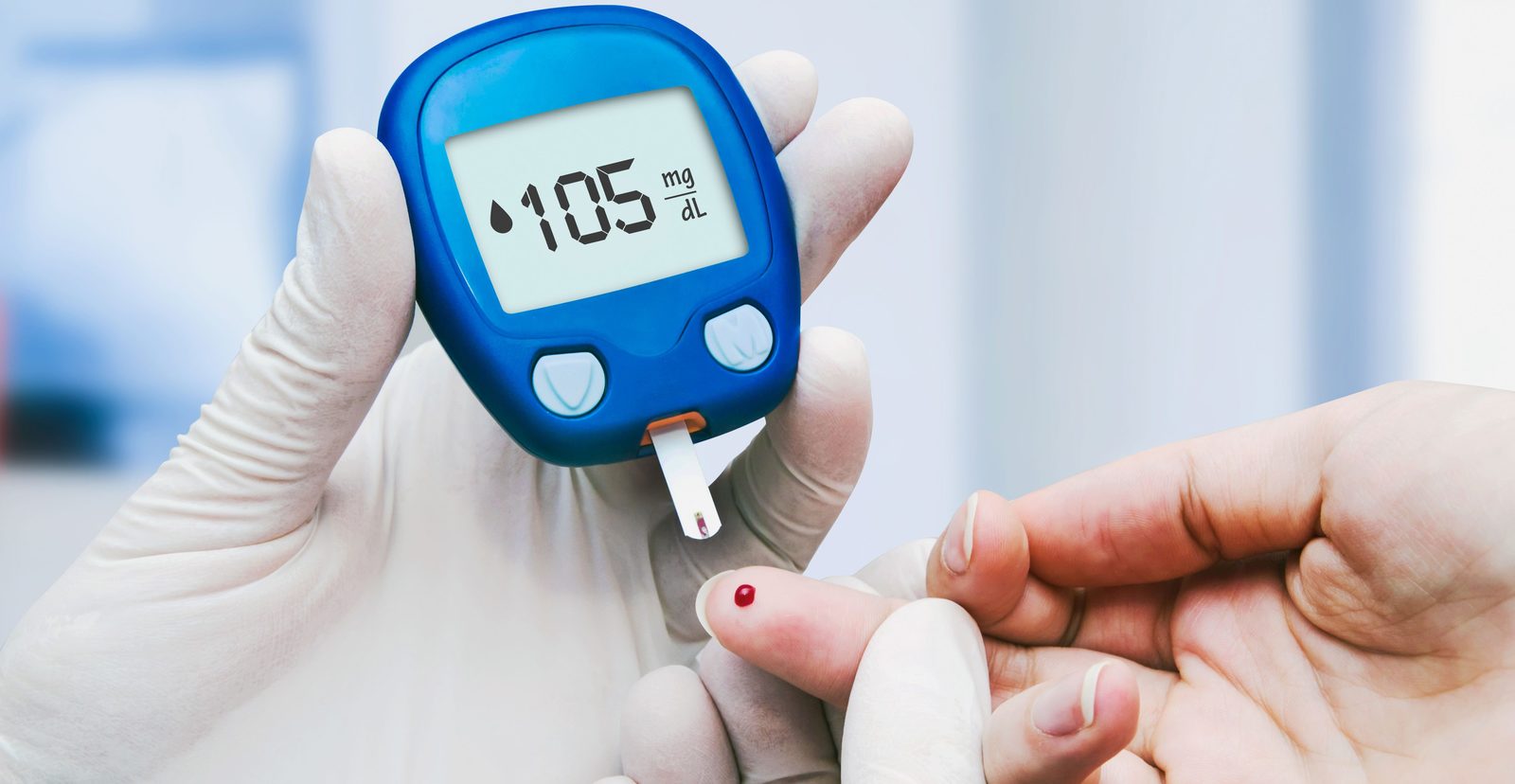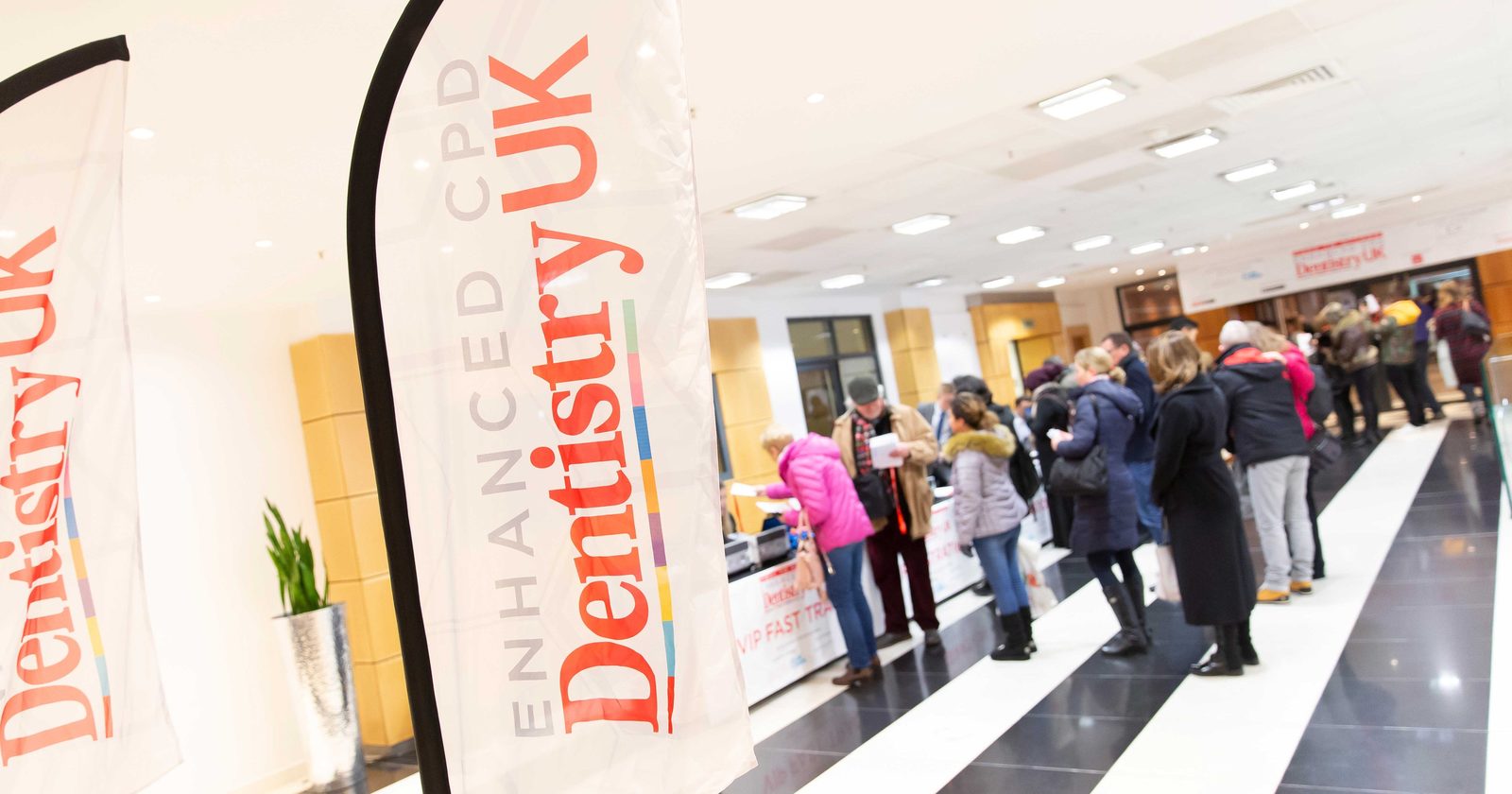Missed out on this week’s dental news? No problem, here’s what happened over the past seven days…
Patient charge revenue makes up more than a quarter of NHS dental services spend
In an open question to the Treasury, the Secretary for Health and Social Care gave the following NHS dentistry details:
| NHS dentistry | 2017/18 |
| Gross expenditure (millions)2 | £2,812 |
| Patient charge revenue (millions)2 | £807 |
| Net expenditure (millions) | £2,004 |
| Mid-year population estimate (millions)1 | 55.6 |
| Net expenditure per capita | £36.04 |
| Patient charge revenue as a percentage of expenditure on total NHS dental services | 28.7% |
Last year the Government was accused of charging patients a ‘stealth tax’ through NHS dental charges.
Some patients could be paying subsidies to the NHS of up to £10 at every checkup, which means the Government will be making £1.3 million over the next year.
Government accused of double standards after introducing new GP contract
Almost £1 billion extra investment will be made to improve access to family doctors with the introduction of the GP contract.
NHS England has been testing a reformed dental contract for the last few years.
The new contract aims to address both workforce and workload pressures GPs currently experience in England.
Some of the changes include:
- An increase in practice funding by almost £1bn over five years
- Practices will be expected to make 25% of appointments bookable online from July 2019
- HPV vaccination catch-up for girls will be extended to those aged 25. HPV vaccination will commence for boys in September 2019
- GPs whose NHS earnings are over £150,000 will be required to make this public.
DNA study links depression with smoking
The international study, involving more than two million people, is the largest of its kind.
Scientists analysed health and DNA records, after which they pinpointed 269 genes linked to depression.
Researchers from the Genetic Links to Anxiety and Depression (Glad) Study, identified sections of DNA common in people with depression and in those who took up ‘lifestyle behaviours’ such as smoking.
Their findings suggested that depression could be a driving factor leading some people to smoke, researchers said.
Number of Brits vaping keeps growing
The number of Brits vaping is continuing to increase, according to the latest research from Mintel.
Middle-aged Brits have seen the biggest increase in those vaping, with 20% of 45-54 year-olds vaping in 2018.
Despite this, 18 to 24-year-olds are the most likely age group (28%) to vape.
An increasing number of smokers tried to kick their habit in 2018 (21%) compared with 2016 (14%).
Almost half (47%) of smokers use e-cigarettes to help kick the habit, whilst 38% use them to help cut down.
Almost two thirds (62%) of Brits believe there should be regulation of the vaping industry.
The research also found that 55% feel vaping is addictive and 42% believe it’s a gateway to smoking.
However, only 1% of non-smokers vape.
NHS dentistry forcing patients towards ‘DIY’ alternatives
Recent reports have found patients in Cornwall spending 18-36 months on NHS dental practice waiting lists.
Some patients in the area are facing 65-mile round trips to access NHS dental services.
Health Secretary, Matt Hancock, told patients who cannot access NHS dentistry to embrace private dental care, the BDA claims.
An affordable private dental scheme has been launched by Mydentist to help cope with a lack of NHS places.
Number of teenage diabetics in London rises by 70%
MPs, including deputy Labour leader, Tom Watson, have pointed to fizzy drinks as the main culprit.
Some of the cans on the market contain 36g of sugar, more than the recommended daily allowance for a child.
The rise in diabetes and childhood obesity have given rise to the ‘Fizz Free February’ initiative.
Launched by Southwark Council in London, Fizz Free Feb encourages participants to give up fizzy drinks for the whole month.
The scheme encourages people to:
- Pledge to go fizz-free on Southwark’s website
- Spread the word at schools and places of work
- Use the #gofizzfree on to share how you’re getting on and be inspired by others ditching the fizz.
Enhanced CPD Dentistry comes to a snowy London
Despite the cold weather slowing down transport links, there was standing room only for the opening lecture.
The one-day seminar provides delegates a substantial volume of required CPD including GDC recommended subjects.
GDC launches consultation on dental specialties
The GDC is seeking your views in its new consultation on specialist listings, launched this week.
The consultation, which closes on 25 April, is looking for thoughts on the GDC’s approach in three key areas.
These areas are:
- Revised purposes for specialist listing, setting out what the GDC expects listed specialties to fulfil, and the criteria by which the regulator will determine which disciplines of dentistry should be listed
- The principles for the process of addition and removal of specialist lists
- The GDC’s processes for maintaining accreditation on specialist lists.
Fizz Free February campaign launched
The campaign has received support from TV chef Hugh Fearnley-Whittingstall and politician Tom Watson.
Fizz Free February, which was started by Southwark Council in 2018, is now part of the national Sugar Smart UK campaign and councils from across the country are taking part.
The British Dental Association (BDA) has also lent its support to the campaign.


